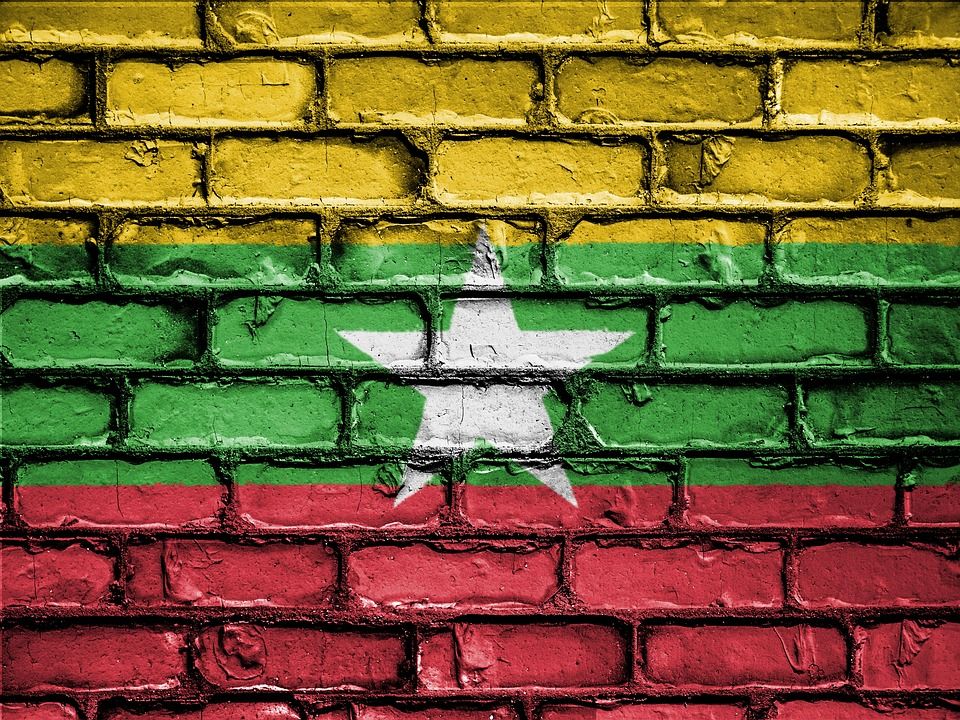In this historic week, and the past few hours, we have seen the consequence of the Burmese’ Army’s act of Genocide against the Rohingya people on the 24th of August 2017. The genocide cost 700,000 innocent people, their lives. Many more thousands are displaced and flee their home to foreign shores, unknowing of what their lives may become. It is the UN’s collective interest to best serve the global citizen and therefore declared, the military leaders of the Burmese army are to face genocide charges. It is of imperative importance to the UK to set an example for the global community at this time, due to the turbulent Brexit negotiations, and the possibility of leaving the European Union with a ‘no-deal’ result, in order to maintain their place as a global power among states that are called ‘superpower states’ due to their economic or social influence, hence the Unit ed States of America. The UK needs to be seen to remain a global power as they head the United Nations Security Council this year, with the International Development Secretary, The Rt Hon Penny Mordaunt MP, spearheading talks to the UN on the importance of long-term support, with a continued promise to the Rohingya people, backed by the £129 million, already given in aid since 25 August 2017. The question is, what should the UK do next and have they done enough so far?
The UK has a long-standing foundation in Burma, and since the 2005 UN summit, all participating member states, has a responsibility to protect global citizens in acts of genocide, war crimes, crimes against humanity and ethnic cleansing, when their own state fails to do the same, of which the Responsibility to Protect, a norm within the United Nations, encourages among the global community. However, since the Responsibility to Protect’s publication, it has not been acted upon without economic interest or dynamic power plays between states, which leads to a question of not only morality and justice within the global system, but also one of self-service. To follow on from this point, the Human Rights Cheif, Mr Hussein pointed an accusatory finger at Aung San Suu Kyi, Nobel peace prize winner and Myanmar’s defacto leader as ‘she was in the position to do something’.
It is a question of principle to whom the responsibility lies and it is almost impossible to discern, especially when records of ethnic cleansing have been systematically ‘cleared’ by the Burmese Army, as such no one person can be called accountable. It is through this lens that questions of ‘justice’ protrude.
Who is to blame? How should the UK negotiate Brexit whilst leading, what could be, a new wave of international justice? What is justice to the Rohingya people?



